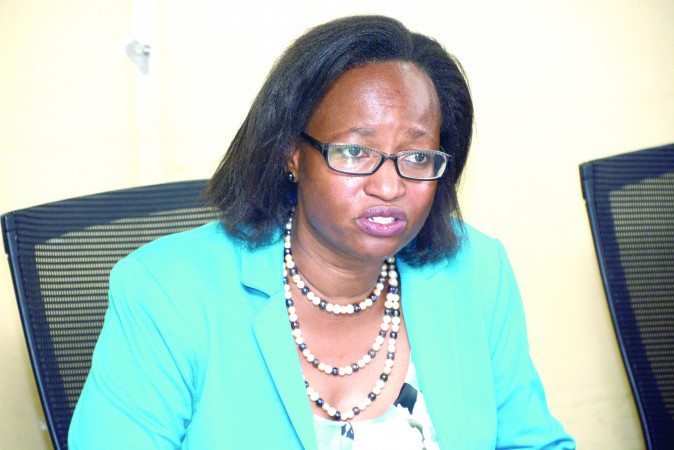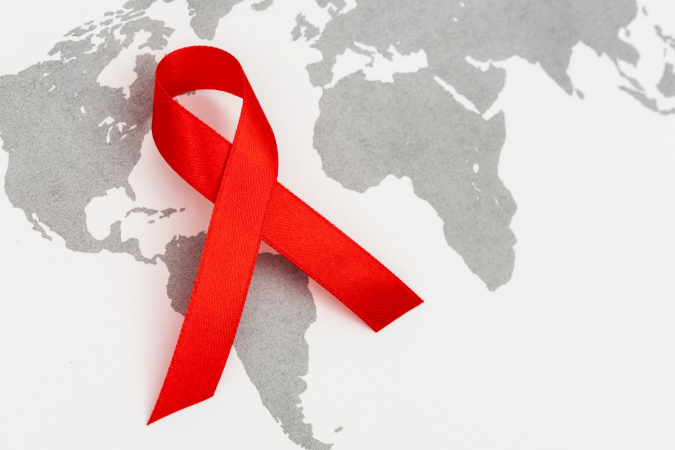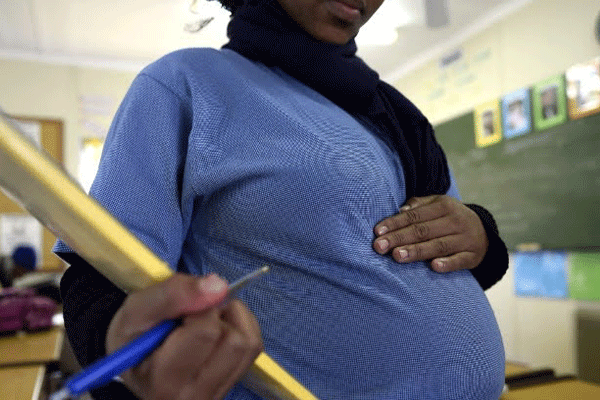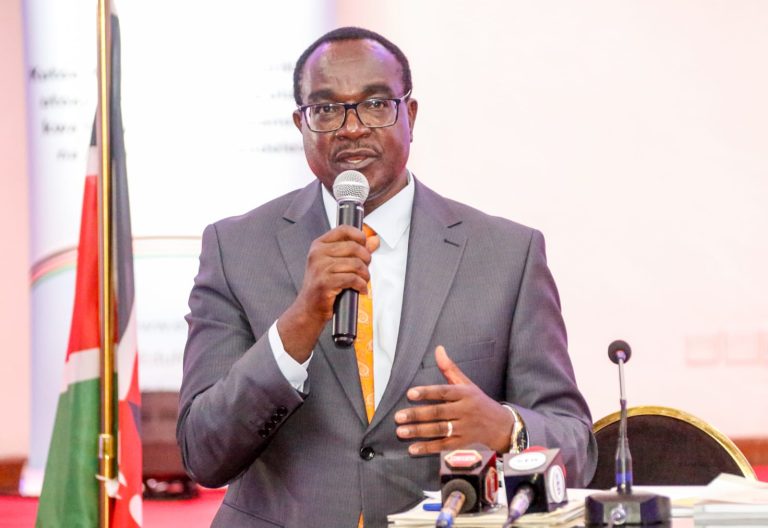Maa counties urged to tackle teen pregnancies

The Ministry of Health has called on women from the seven Maasai-speaking counties to join in efforts to eliminate teenage pregnancies, sexual and gender-based violence and new HIV infections.
Speaking during the Maasai Community (MaaCom) 2022 women conference, under a campaign dubbed ‘End the triple threat in adolescents’, Health Principal Secretary Susan Mochache said many children have also been denied education.
Records from the ministry indicate that last year 316,187 adolescents visited antenatal clinics while 78 out of 1,000 births in 2019 were by girls aged 10 to 19. In 2018, the number stood at 427,135.
National records indicate that incidents of sexual violence among adolescents in Narok between the age of 10 and 17 were on the rise, with 16,476 cases reported in 2021, compared with 2,466 in 2016.
“Women from semi-arid counties should not look the other way and let perpetrators of sexual and gender-based violence go scot-free. Let us have community dialogues”, said Mochache.
She was the guest of honour at the forum involving 3,200 women from Maa-speaking countries at Senator Ledama ole Kina Enkanasa’s home in Eor-Ekule, Narok East. The forum hopes to address the three threats facing women in arid areas — ill health, poor education, and low empowerment. It involved women from Narok, Marsabit, Isiolo, Kajiado, Baringo, Samburu and Laikipia. The PS said sexual violence was derailing the war against HIV.
The one-day congregation was organised by the Health Ministry, National Aids Council and Anti-FGM Board. It advised local women to use available resources such as livestock to make money.
Last year, 5,890 adolescents who were defiled accessed post-exposure prophylaxis — a HIV prevention drug. Some 236 girls contracted HIV and 1,665 became pregnant. Other leaders who attended the forum included Kitui Governor Charity Ngilu, former Senator Zipporah Kitonyi, Murang’a Woman Rep Sabina Chege and former CAS Andrew ole Sunkuli.
Further, the CS accompanied Kitui governor Charity Ngilu, Senator Zipporra Kitonyi, Murange women rep Sabina Chege and Andrew ole Sunkuli among other leaders disclosed that half of the approximated 32,027 new HIV infections recorded last year occurred among children and young people below 24 years while 5,288 succumbed to AIDS-related illnesses.
Through efforts by senator Ledama the women were introduced to small dairy mini plants to promote local industries, which will increase revenue collected by women daily, to increase their savings and essentially promote their psychosocial development.
The major project launch that was once put in place according to senator Ledama will greatly help the Maasai community.
While addressing the congregation the one term ODM senator argued that milk obtained from the Maasai Women would then be pasteurized, homogenized and packaged.
“The final product will have a litre of milk selling at sh160 as opposed to the local sale of 30 shillings per litre, when sold directly locally by farmers without getting pasteurized or homogenized.” He said.
The profits obtained by the women organization will help them cater for medical bills and other day to day expenses. This is because the activity will generate an estimate of sh 45 million up to sh 60 million Kenya shillings per day once it is functional.










